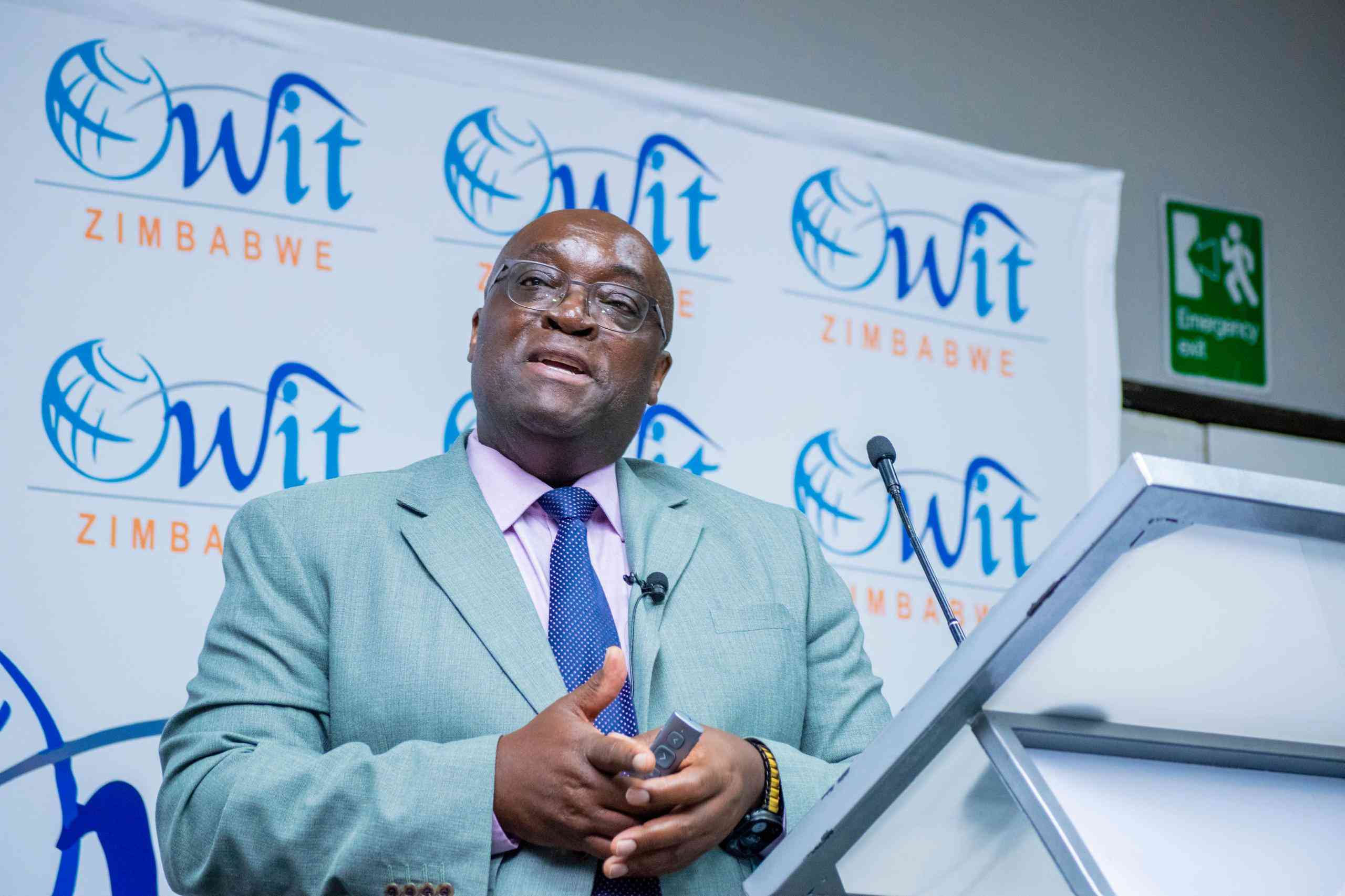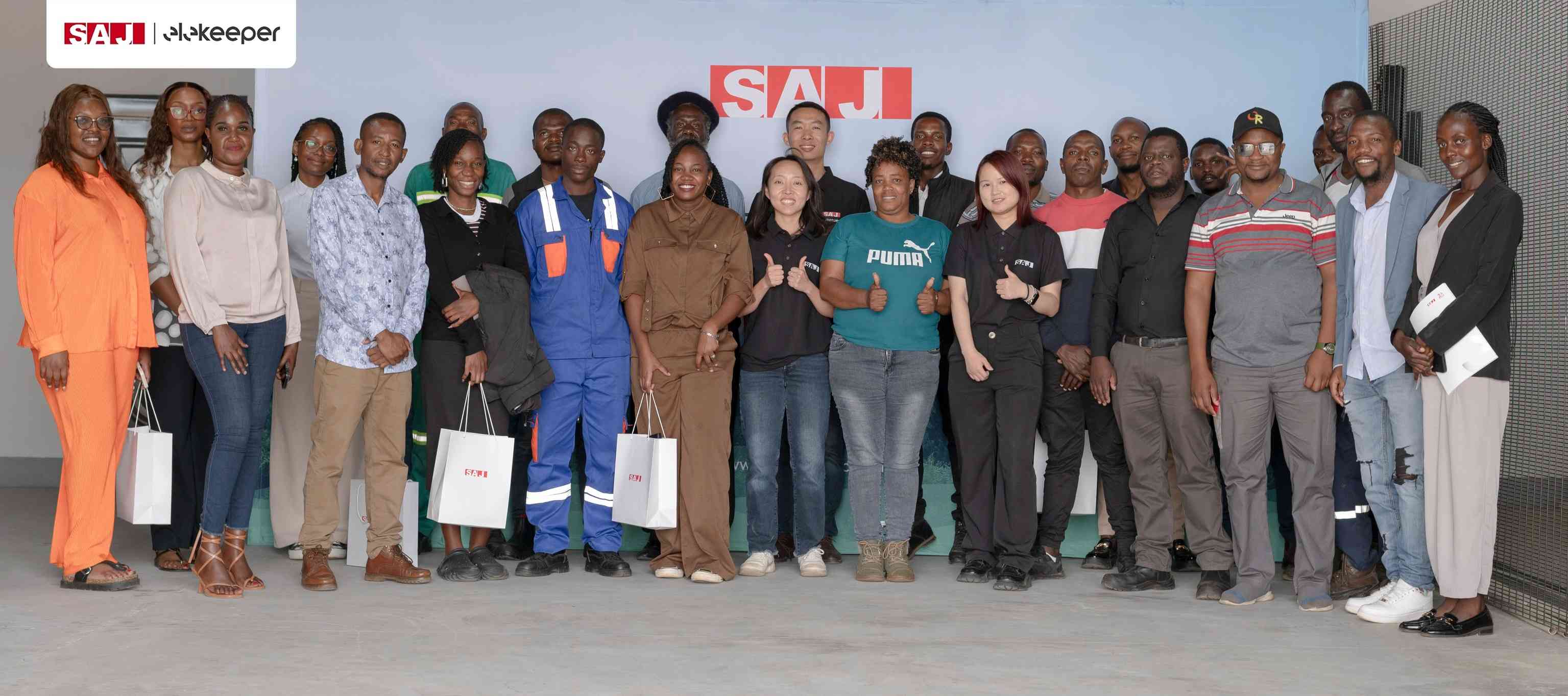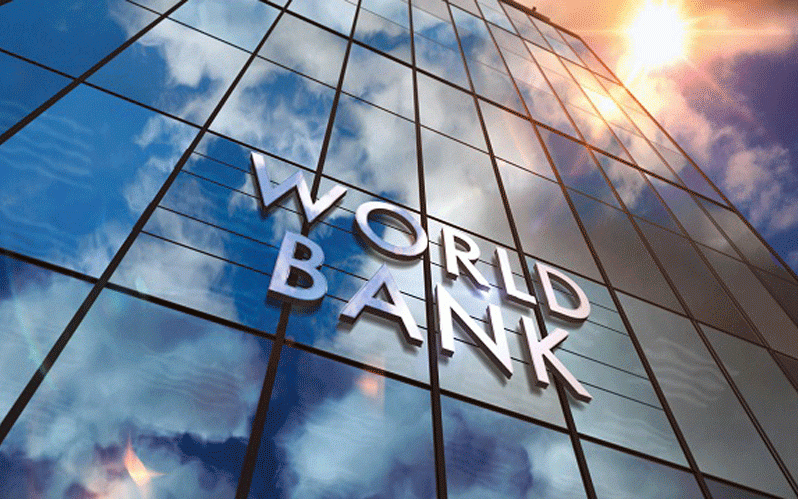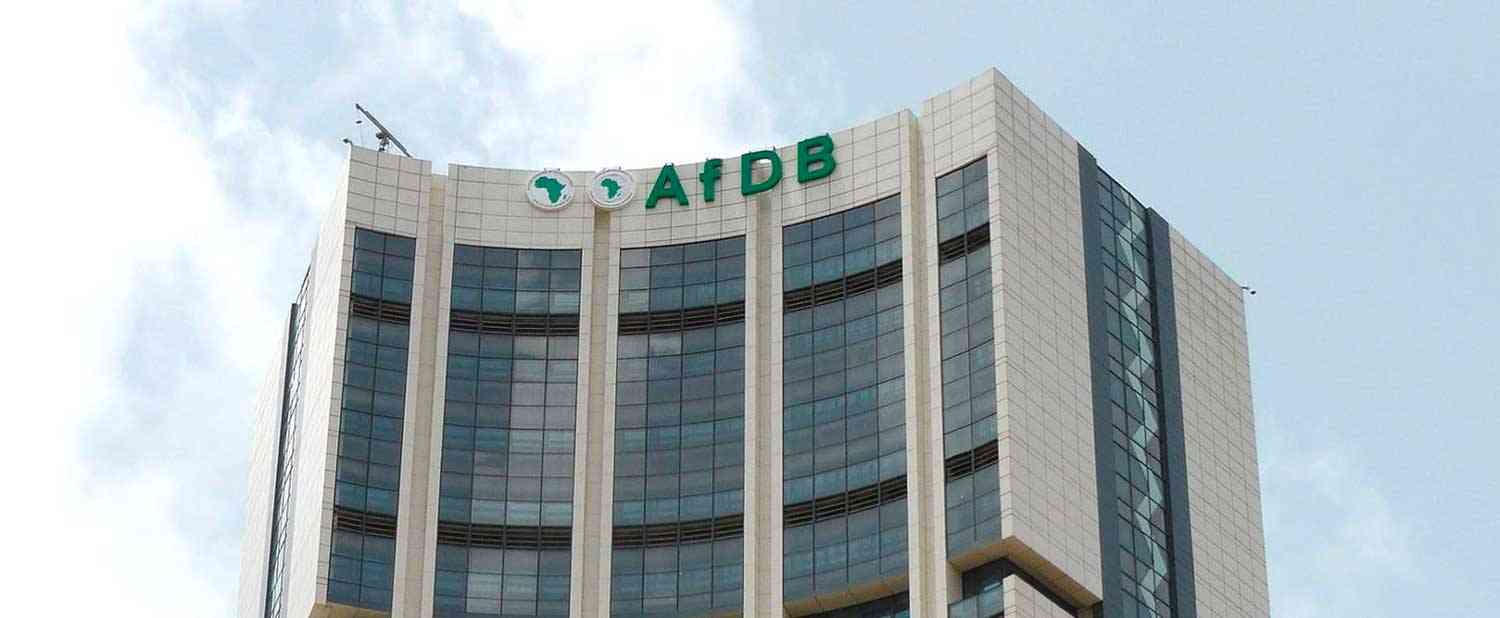
BY FREEMAN MAKOPA
Tourism executive, Wengayi Nhau (WN) took over as Tourism Business Council of Zimbabwe president at the beginning of this year.
His tenure coincided with a difficult time for the industry, which had lost over US$1 billion in potential revenues as arrivals plummeted by 90% last year.
At the heart of the slowdown was the Covid -19 pandemic, which exploded last year, undermining travel across the world.
In this interview with our business reporter Freeman Makopa (FM), Nhau said while the pain is still being felt cross the markets, the future of the sector is bright in Zimbabwe, especially after the destination has recently received major endorsements from two big airlines.
Here is how their discussion turned out…
FM: You have been president for over six months. What has been your assessment of the industry?
WN: A year ago we were under Level 5 lockdown and it was completely impossible for someone to visit Zimbabwe as a tourist.
- Chamisa under fire over US$120K donation
- Mavhunga puts DeMbare into Chibuku quarterfinals
- Pension funds bet on Cabora Bassa oilfields
- Councils defy govt fire tender directive
Keep Reading
Exactly a year ago today, we only had one airline flying, and it was restricted to picking up returning residents.
But for leisure, tourists were not allowed at all. I remember on September 26 2020, as leaders of the tourism industry we were invited to a press conference by the Tourism minister.
That was when he said Cabinet had approved the reopening of industry from October 1, 2020.
September is the tourism month but last year we didn’t hold the World Tourism Day celebrations on September 27.
Having the press conference with the minister was more like the best way that we could celebrate World Tourism Day.
FM: So, it was a difficult period for tourism.
WN: Yes, but on October 1, tourism was reopened with Ethiopian Airways starting to pick up tourist traffic into the country.
Since then, I will say we have been on a recovery trajectory. We were closed down completely for valid reason. We needed to be sure because this pandemic was new.
We didn’t know how to respond. So, I think governments were justified in some of the actions that they took.
FM: Tell is about the recovery so far this year.
WN: The recovery trajectory has been very good. The period between October and December 2020 was extremely good for everybody.
We witnessed many people returning to travel and holding workshops in hotels.
During the last quarter of the year companies and individuals spent most of the time reflecting on the year by holding a lot of functions.
Now, we have been allowed to have certain functions and that we adhere to stipulated numbers approved by government.
At the end of the year, we will have more of these events.
There will be more traffic because people will be celebrating the end of the year.
It is a good way for us to launch our recovery bid as an industry.
FM: Do you think this recovery is sustainable?
WN: When you have a country under lockdown and you have conferences and workshops not allowed, the major driver of tourism remains domestic tourism.
The biggest conference client in this industry is government, by way of conferences and workshops. So, when that window was closed it meant we only had leisure travel allowed. But this was also under restrictions. The last thing tourists want is to come and be told to stay indoors.
Because of these restrictions, the market did not respond and that affected the recovery last year.
FM: Tell us about developments that have taken place this year.
WN: We are starting to witness recovery through the return of flights.
On August 6 we witnessed the arrival of Qatar Airways, which will be servicing the Doha-Harare route. We hear the market is responding well to Qatar Airways. We have also seen the reintroduction of British Airways daily service into Harare and Victoria Falls (from Johannesburg).
We have seen increased frequencies by Fastjet and on September 1 we witnessed Air Zimbabwe reintroducing flights three times a week into Johannesburg. We have been assured that the flights are here to stay. We have been told more flights are on the cards. That gives people the option of going to Johannesburg the whole day.
FM: Where are the new opportunities?
WN: I am tempted to stray out of tourism opportunities. There are more opportunities for those who want to see things differently. We had restrictions. It has never happened in the history human kind that borders between two countries can be closed. Supply chains became complicated to manage and people opted to source for goods locally.
We had a market that was suspicious of local products because they thought they were inferior. But most of them are not inferior.
Today if you go into supermarkets, you find that 90% of products are made in Zimbabwe because borders were closed.
I am seeing Bulawayo regaining its position as the industrial hub, which will trigger the recovery of National Railways of Zimbabwe because there will be movement of goods in and out of the country.
Opportunities are beginning to come.
FM: What is your comment on this? There have been concerns that the Zimbabwean tourism product offering is now tired.
WN: I don’t think the product is tired, it is actually being improved. There are what we call soft issues and hard issues.
The buildings can get tired. We have one of the oldest hotels in Zimbabwe, Victoria Falls Hotel, which is going under a major refurbishment.
We have got Rainbow Towers, which underwent a major refurbishment just in time before the Covid-19 pandemic struck. We have Bulawayo Rainbow, all Cresta Hotels that were refurbished in the last year or two.
We have got new hotels, at least three hotels in Victoria Falls: The Palm, River Lodge, Mbano Hotel, and a few others.
Four months ago, we were invited to a workshop about a major facelift of Great Zimbabwe Monuments. So, in my view our product will be intact.










